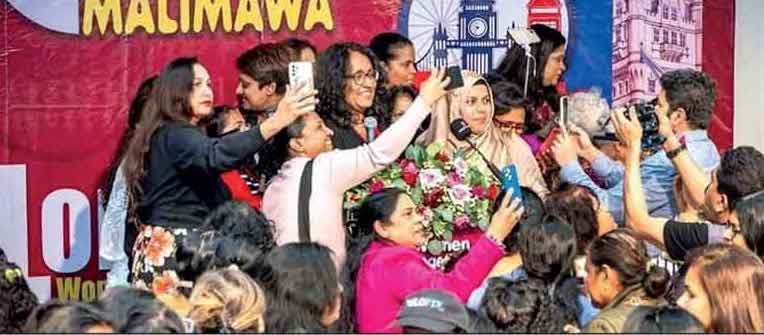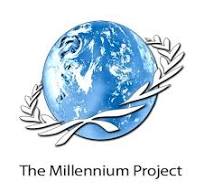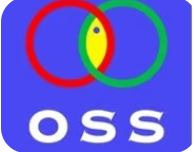“Distant Yet Decisive”: Influence of the Sinhalese Diaspora in Sri Lanka’s Democracy
In recent years, Sri Lanka has experienced a hike in outward migration, driven by long standing governance inefficiencies that were exacerbated by the 2019 Easter Sunday attacks, the COVID-19 health crisis, severe shortages of essential goods and the political and economic crisis of 2022. The fragile socio-economic and political context of the country compelled many to leave the country seeking better prospects and “stability” in life. The Department of Immigration & Emigration reports that it has issued 911,689 passports in 2022, which is the highest number recorded in a single year, marking a 138.3% increase compared to 2021. With these dynamic transnational engagements and the growing bargaining power of the Sri Lankan diaspora, many political candidates/parties of the country have recalibrated their outreach efforts with the diaspora communities. In fact former President Ranil Wickremesinghe’s engagements with the Sri Lanka's diaspora community in Perth in early 2024 and the National People's Power (NPP) alliance's global outreach with diaspora communities with diaspora focal representatives, shed light on this shift. Furthermore, the then-presidential candidate and now President Anura Kumara Dissanayake actively engaged with the Sri Lankans overseas during his 2024 presidential campaign, visiting countries such as South Korea, Australia, Canada and the United Kingdom, among others. Sinhalese diaspora members returning to cast the vote in the last two national elections further show how migration has translated into a transnational political force. This trend warrants further clarity and a shift in policy-making, as overlooking the diaspora’s soft power on home country politics is to misunderstand the geopolitical ecosystem of globalized democracy.
ISSUE BRIEFS
Savindrie Jayawardane
6/4/20251 min read




